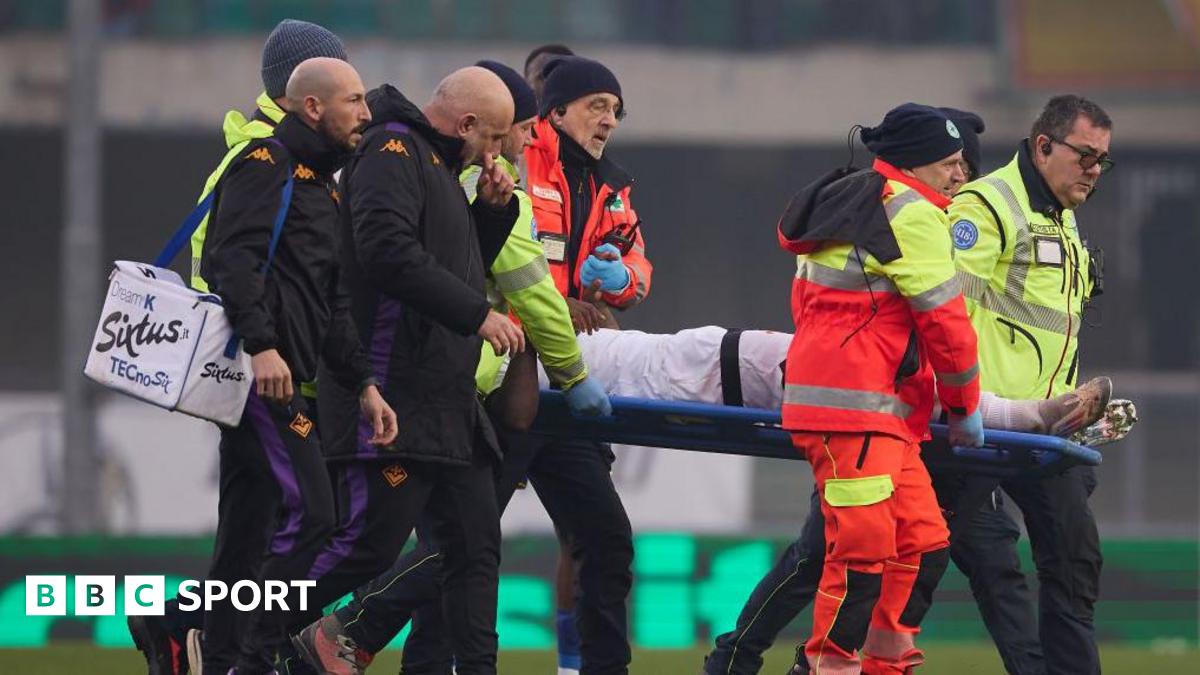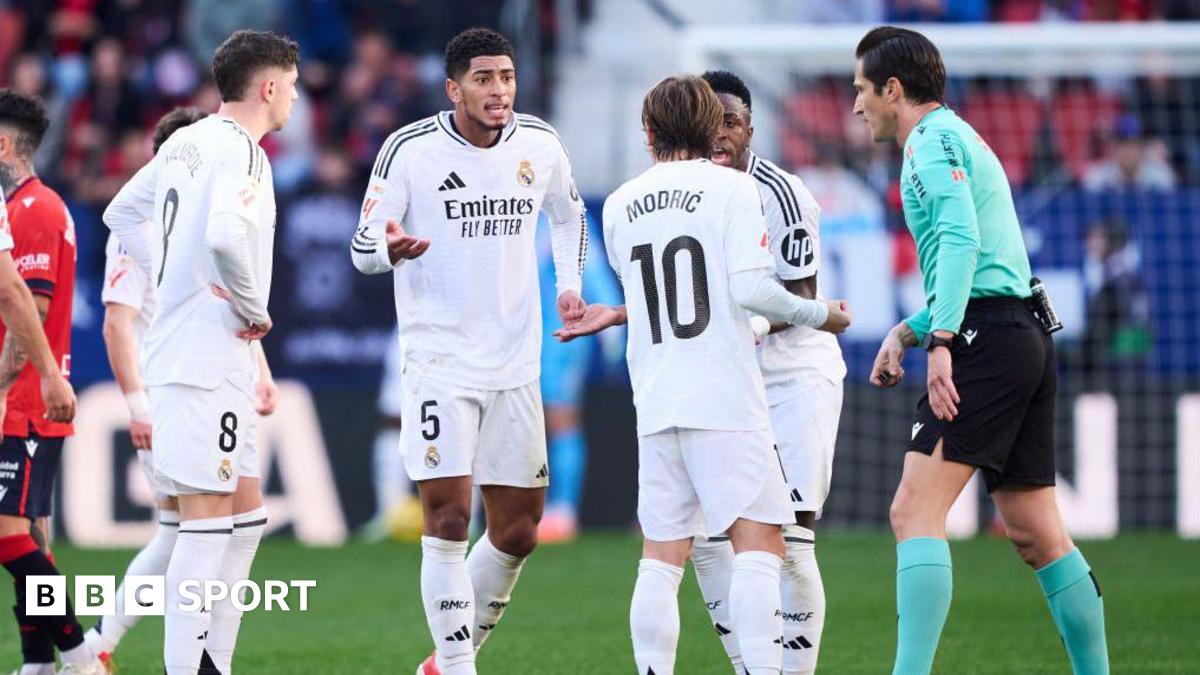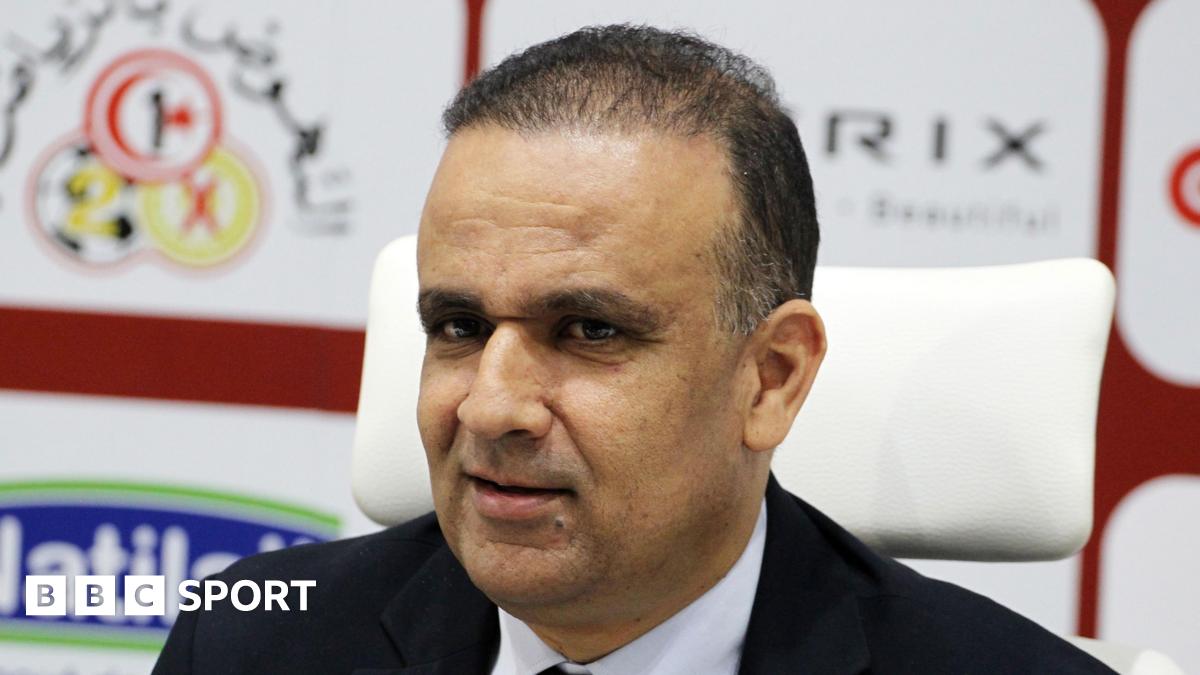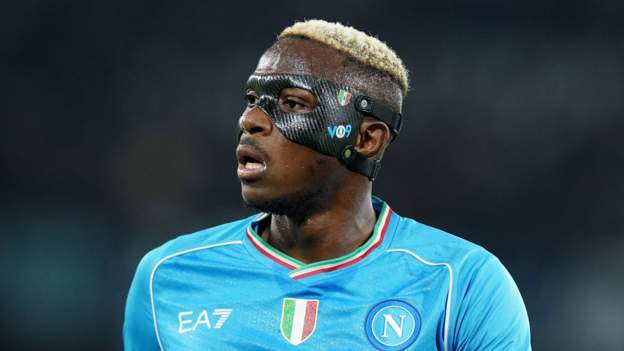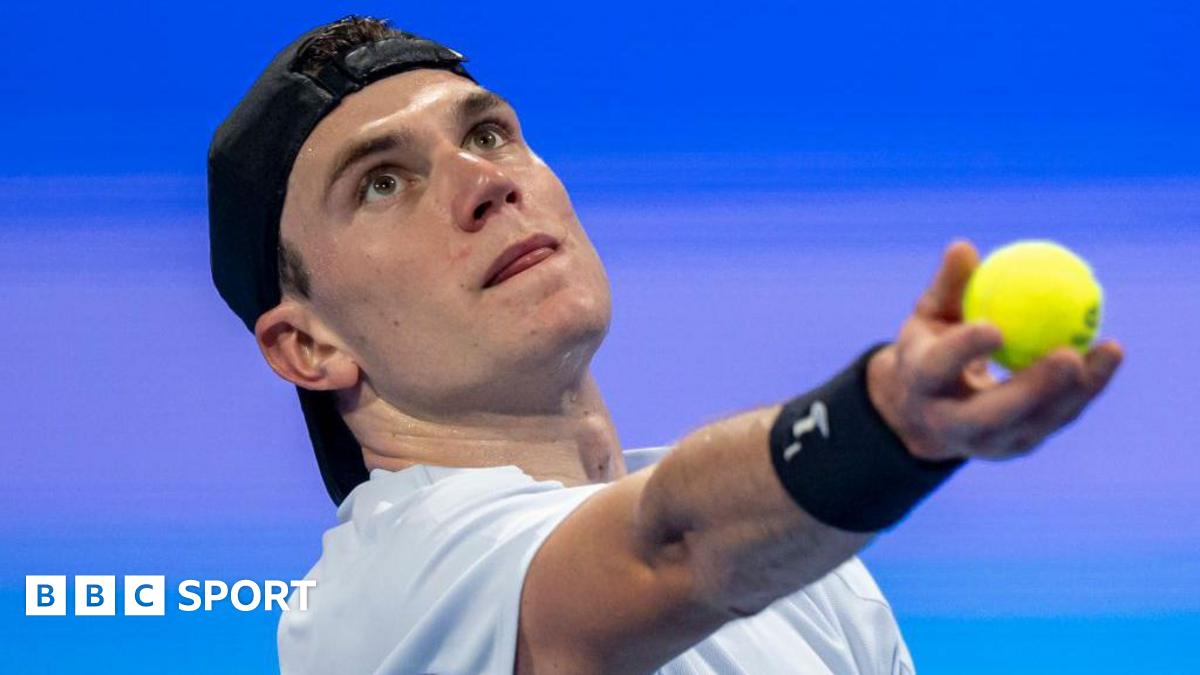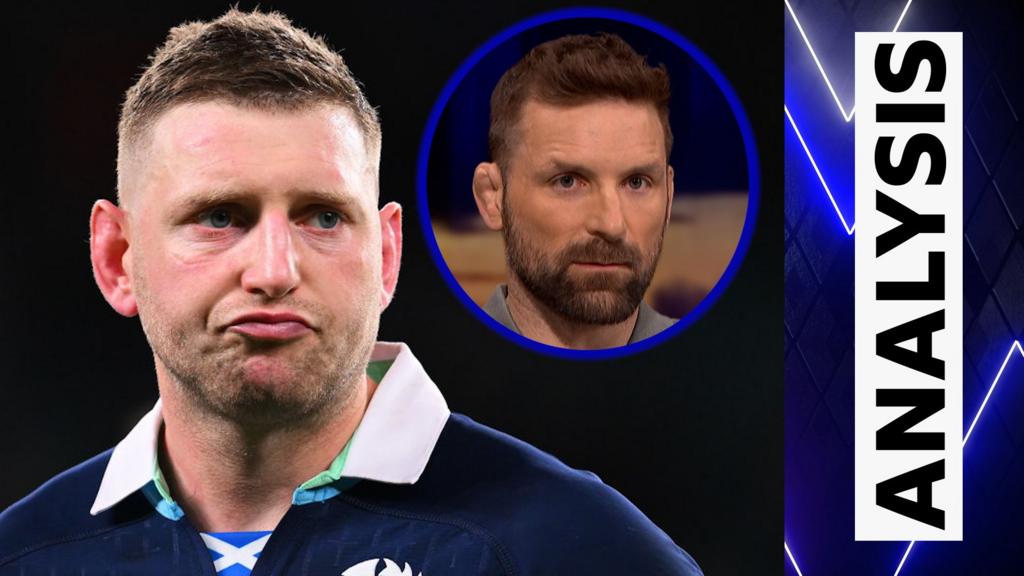Former tennis world number two Alexander Zverev has been issued with a penalty order and fined by a German court after being accused of physically abusing his ex-girlfriend, reports say.
The 26-year-old was fined 450,000 euros (£390,000) in October, press agency AFP said.
Zverev denies the charges and has lodged an objection against the order, meaning he remains legally innocent and is not convicted until a final ruling.
The case could go to a public trial.
AFP and other media reports said Olympic champion Zverev, who is playing in the Paris Masters this week, is accused of physically abusing his former girlfriend during an argument in Berlin in May 2020.
A penalty order in Germany is issued when a judge, after examining the written evidence, believes a ruling can be made without going to trial. The defendant has the right to contest the penalty order, which will likely lead to a public trial.
In a statement on Tuesday, Zverev’s lawyers said the evidence had been dismissed as “incomprehensible and contradictory” by a forensic medical report from a Berlin doctor.
Legal firm Schertz Bergmann also claim the process leading to the penalty order had included “serious procedural violations”.
Zverev will defend the case with “all the means at his disposal”, Schertz Bergmann added.
Prosecutors applied for the penalty order in July, and later that month Zverev spoke publicly about the accusation for the first time at a tournament in Hamburg.
“From my side I completely reject the allegations. My lawyers are taking care of the matter. I won’t say anything more about it,” he said.
Earlier this year an investigation by the ATP Tour – the governing body of men’s tennis – concluded there was “insufficient evidence” to bring disciplinary action against the German following other allegations of domestic abuse made by a different ex-partner.
The ATP investigation found there was “insufficient evidence” to substantiate the claims made by Zverev’s former girlfriend Olya Sharypova.
In 2020, Sharypova accused Zverev of violence and emotional abuse during their relationship, which he denies.
The ATP decision could be “re-evaluated should new evidence come to light”.

